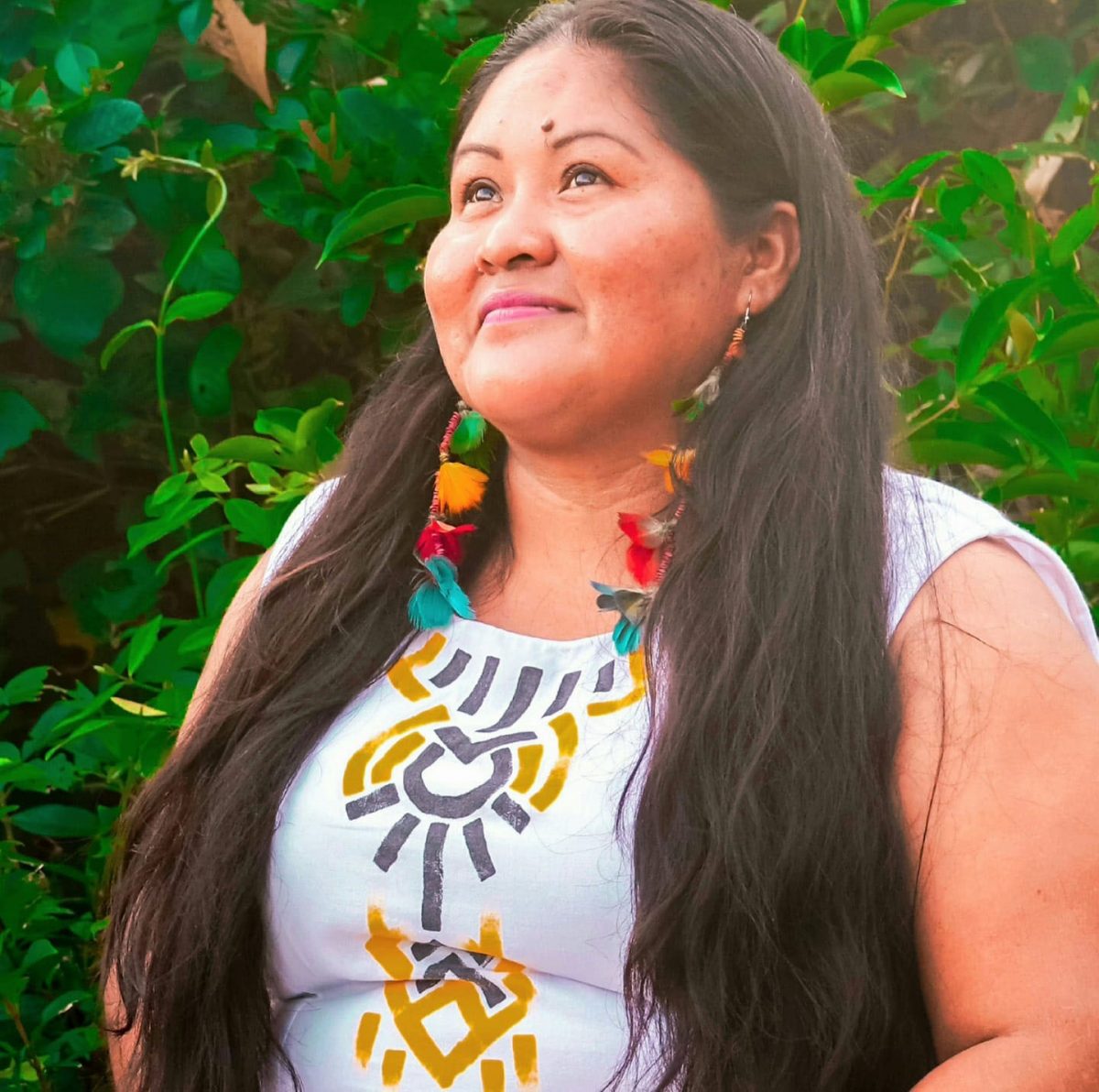“Kaimana’o kasarai wuru’u pidan dakatakinaowaz, ukaminka’uta pugaru na’iki ukazannaatan nii pugaru rinai koroonaa vairos ai.” These are the words spoken by Immaculata Casimero as she prepares to delve into a deep conversation with an elder who is skeptical about getting vaccinated against COVID-19.
In the Wapishana language, spoken by members of the Indigenous Wapichan Nation who populate the majority of the South Rupununi in Region Nine, they translate to “The COVID-19 vaccine is safe and effective.”
Casimero is a resident of Aishalton, an indigenous community located in the southwestern territory of Guyana where communication with the outside world has always proven to be a struggle. It was therefore no surprise that when the COVID-19 pandemic hit, little to no information on the virus was made available in the community, and the little that was, was in English.
When COVID-19 vaccines became available in the country, it was virtually the same situation, except that conspiracy theories and disinformation were spreading throughout the Rupununi much like the virus itself.
Having personally witnessed the devastating impact that the pandemic has had on her community, Casimero set out on a one-woman mission to do what regional and government officials had failed to do – educate her fellow villagers on the COVID-19 vaccines in the Wapishana language to promote vaccine acceptance.
In order to ensure that the information that she was sharing was accurate, so she spent days researching the various types of COVID-19 vaccines, their side effects, the outcome of the vaccine trials, and what leading scientists had to say about them. Satisfied with what she has learnt, she began with her parents, who were both huge COVID-19 vaccine skeptics in the community.
Casimero said her intention was not to scare them into getting vaccinated, but rather to dispel the circulating conspiracy theories and to help them get a better understanding of the way the vaccines would work in their first language, so whatever their choice was, it would be based on all the available factual information.
They were convinced, and today they both await their second dose of a COVID-19 vaccine. Casimero did not stop there. She continued her campaign, targeting mainly her elders, some of whom exclusively spoke Wapishana.
“Not much sensitisation has been done and there are a lot of conspiracy theories spreading, so this was preventing persons from getting vaccinated. So as soon as a vaccine was available, I started my campaign and have been trying to encourage our people to take the vaccine by giving them the right information in our language. COVID hindered so many things for us, especially education- wise, with all schools closed and this kept us back and so I just want to see our village be normal again,” she related.
Casimero’s campaign has partly resulted in over 500 of the 800 adult villagers getting vaccinated against COVID-19. However, she refuses to take all the credit, sharing it with members of the South Rupununi District Council, who are undertaking similar campaigns in nearby Wapishana-speaking communities.




